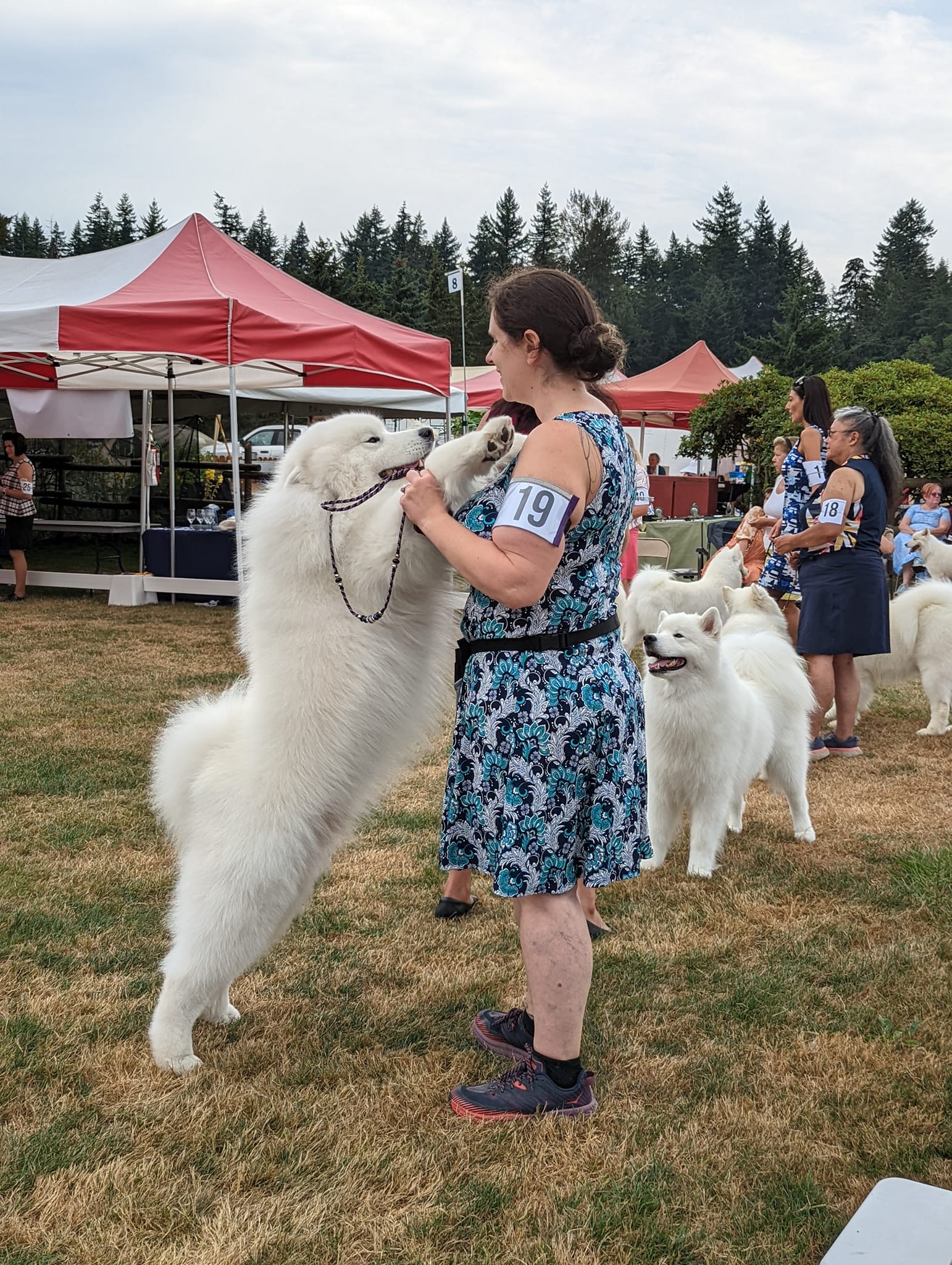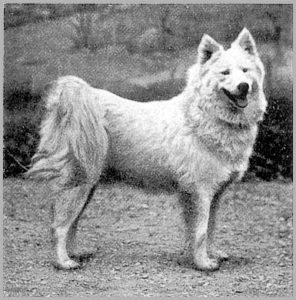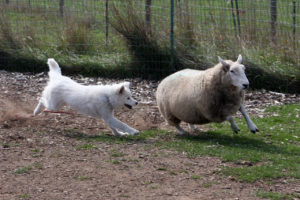Barking Dogs Have Something To Say
Barking Dogs Have Something to Say
Jennifer Viegas, Discovery News
Two types of mechanical noise — an electric drill and a refrigerator — served as control sounds.
The scientists next outfitted each of the listening dogs with a heart rate monitor. While the sound of all dog barks caused a listening dog’s heart rate to jump, hearing a certain type of bark consistently over time stabilized the heart rate.
Even though they could get used to the distress barks, the listening dogs always showed a jump in heart rate when the researchers switched from one type of recorded bark to the other. This evidence for a change in attentiveness shows that not all barks sound the same to other dogs.
The researchers also think it’s likely that the dogs understand the different contexts producing the barks they hear.
Previously, other researchers thought domesticated dogs barked primarily for our benefit, since neither adult wolves nor feral dogs bark.
“We think barking existed in the ancestor of the dogs, but the present form of variability and abundance of barking is the product of domestication in dogs,” Pongracz explained, adding that domesticated dogs must have later “learned how to use barking amongst each other” as a form of communication to go along with others — such as visual and scent cues.
Anna Taylor, a researcher in the Department of Psychology at the University of Sussex who also studies dogs, told Discovery News that the new study “gives a convincing demonstration that dogs do indeed perceive acoustic differences between barks recorded in different contexts.”
Taylor hopes the findings will inspire future studies to determine how this bark-deciphering ability in dogs affects their behavior.
http://dsc.discovery.com/news/2008/04/22/dog-bark-language-02.html








